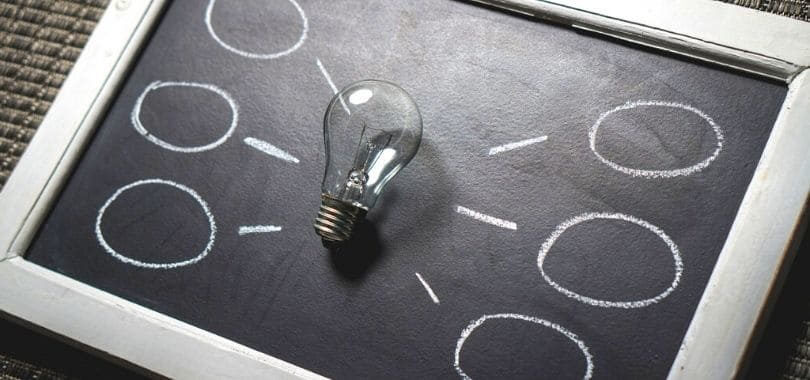If you take out a student loan, the first thing you should know is that you’ll pay it back. This is not a scholarship or grant, which is gift aid or “free money”. A student loan is just like any other loan—you have to pay it back to the lender with interest.
When you take any type of financial assistance, whether it’s a grant, scholarship, or student loan, it is your responsibility to find out whether there are any obligations you need to fulfill to avail of that financial assistance. Along with these obligations, you must also find out what are the consequences if you default on these obligations.
Before you apply for a student loan, it pays to understand a few basic aspects of this financial transaction.
Federal and Private Student Loans
Student loans come in two forms—federal and private student loans. Federal student loans have lower interest rates and more flexible repayment options. They should be your first option when taking out student loans. Only consider private student loans after you’ve exhausted all gift aid and federal loan options.
Student Loan Repayment
Whether you take federal or private student loans, you will have to pay back the full amount with interest. Each loan that you have taken will have its own unique interest rate and repayment date. You are responsible for keeping track of these details in order to make sure that your payments are made on time. If staying organized is not your strong point, it is advisable to put all of your payments on auto-debit. This way all payments will go automatically from your bank to the lender’s account on the specified date. With auto-debits, you don’t have to worry about your loans being late.

Forbearance and Deferment Options
If you can’t pay back your loan after graduation, you do have a few options in the form of forbearance and deferment. These programs give you relief from your financial commitments for a certain time. However, you should know that while it may help solve your current financial situation, when you choose forbearance or deferment, the interest does not stop accruing on the outstanding amount. This accrued interest can increase your total debt.
Student Loan Default and Credit Score
There are serious consequences to not paying back your student loan. If you are even a few days late, your late payment will incur a higher interest plus processing fees. This could be reported to credit bureaus and damage your credit score. If you do not make a payment for 270 days, your loan goes into default. This will damage your credit score severely making it more difficult for you to get any other type of loan.
Before signing any loan, it is absolutely critical to understand what you are committing to, so you do not get a shock after you graduate.
Use College Raptor’s new Student Loan Finder to discover personalized loan options. Compare lenders and interest rates to find the ideal student loan—for FREE!
| Lender | Rates (APR) | Eligibility | |
|---|---|---|---|
 |
5.50%-16.12%* Variable
3.99%-15.61%* Fixed
|
Undergraduate and Graduate
|
VISIT CITIZENS |
 |
5.54% - 15.70% Variable
3.99% - 15.49% Fixed
|
Undergraduate and Graduate
|
VISIT SALLIE MAE |
 |
4.63% - 17.99% Variable
3.49% - 17.99% Fixed
|
Undergraduate and Graduate
|
VISIT CREDIBLE |
 |
6.00% - 13.75% Variable
3.99% - 13.75% Fixed
|
Undergraduate and Graduate
|
VISIT LENDKEY |
 |
5.66% - 14.72% Variable
3.69% - 14.56% Fixed
|
Undergraduate and Graduate
|
VISIT ASCENT |
 |
3.70% - 8.75% Fixed
|
Undergraduate and Graduate
|
VISIT ISL |
 |
5.62% - 16.85% Variable
3.69% - 16.49% Fixed
|
Undergraduate and Graduate
|
VISIT EARNEST |
 |
5.00% - 14.22% Variable
3.69% - 14.22% Fixed
|
Undergraduate and Graduate
|
VISIT ELFI |



